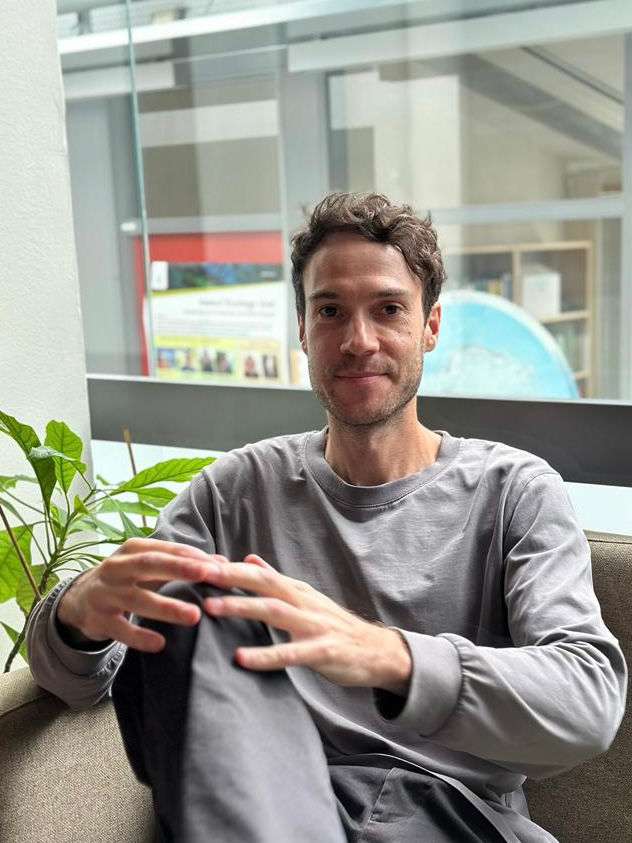August 2025 AMS virtual seminar: Dr Tarquin Netherway, on root-associated fungi!
- ausmycsoc
- Aug 21, 2025
- 2 min read
We invite you to attend our upcoming AMS virtual seminar. This month, we're excited to feature Dr Tarquin Netherway, a postdoctoral fellow at Aarhus University, Denmark.
Soil influencers: root-associated fungi and plant-microbe-soil interactions
Dr Tarquin Netherway
Novo Nordisk Foundation Postdoctoral Fellow
Department of Agroecology
Aarhus University, Denmark
Thursday, 28 August 2025
4pm (AEST) / 6pm (NZST)
Summary
Root-associated fungi such as mycorrhizal fungi and fungal endophytes occupy a unique physical space and ecological niche at the plant-soil interface where they can greatly influence plant health and productivity, as well as soil carbon and nutrient dynamics. While there has been a lot of interest in different mycorrhizal fungi for their clear importance for plant nutrient acquisition, fungal endophytes, and in particular the enigmatic dark septate endophytes (DSE), are comparitively poorly understood with a cryptic ecology. I will present some ideas and research around the potentially important role of DSE, and melanized fungi in general, in influeincing the structure and function of belowground microbiomes, with implications for various ecosystem processes.
Meet our speaker - Dr Tarquin Netherway!

"Originally from Australia, I did my masters in forest ecosystem science at the University of Melbourne, I then ventured over to the Swedish University of Agricultural Sciences (SLU) in Uppsala, Sweden, to do my PhD in biology/microbial ecology, where I studied the role of root-symbiotic fungi in shaping belowground microbial communities of trees. I then undertook a postdoc also at SLU in Uppsala, before receiving a Novo Nordisk Foundation Postdoctoral Fellowship to research the role of melanized root-associated fungi in plant-microbe interactions, plant stress tolerance, and soil carbon storage based at Aarhus Univeristy Department of Agroecology in Denmark. My main research interests are microbial community ecology, and particularly fungal-plant interactions, fungal-bacterial interactions, and the key traits and mechanisms underlying positive, negative and neutral interactions between these organisms."




Comments